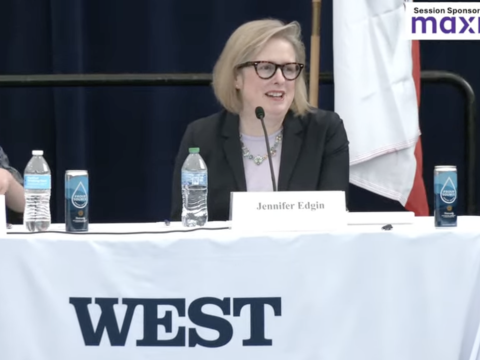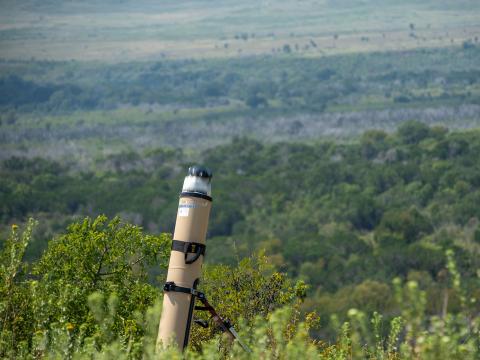U.S. Army Gives Update on Generative Artificial Intelligence and Large Language Models
The U.S. Army is releasing observations found through a study on generative artificial intelligence (AI) and large language models (LLMs).
The service found that conversational AI, programs in which users can search and chat with the machine, is useful if the system is focused, according to Army Chief Information Officer Leonel Garciga. He added that good personas and file curation help, and the infrastructure used while operating AI matters.
Meanwhile, AI assistants have so far been effective at integrating ensembles of calls to LLMs, according to Garciga. He said the artificial assistants have successfully drafted responses on a specific subject, which are then reviewed by personnel. Garciga thinks this piece has been extremely interesting so far.
“This idea of much smaller models and integrating them together, [we’re] spending a lot of time in that space right now,” Garciga said at TechNet Augusta 2024. “One, to kind of get a good lay of the land, [find out] where do these things make sense. And also, to think through this idea of, ‘Are there specific Army models we have to worry about, especially for the back-office stuff?' We have our own culture; we have our own way of doing business; how do we kind of shape that?”
I’m super excited in this space right now, because really, industry has come to the table in a very good way with lots of lessons learned, and everyone is kind of being pragmatic, like, ‘Here’s where we are in this story; this isn’t a 100% solution; maybe this gives you some lift.'
Garciga added that they are just beginning with this technology.
“I’m super excited in this space right now, because really, industry has come to the table in a very good way with lots of lessons learned, and everyone is kind of being pragmatic, like, ‘Here’s where we are in this story; this isn’t a 100% solution; maybe this gives you some lift.’ I think this next stage is how do we make it available more broadly.”
These observations were gathered during Project Athena, an Army program aimed at educating and motivating soldiers to embrace personal and professional development.




Comments